Home>Gardening & Outdoor>Pool & Spa Care>How Long Should A Hot Tub Filter Last
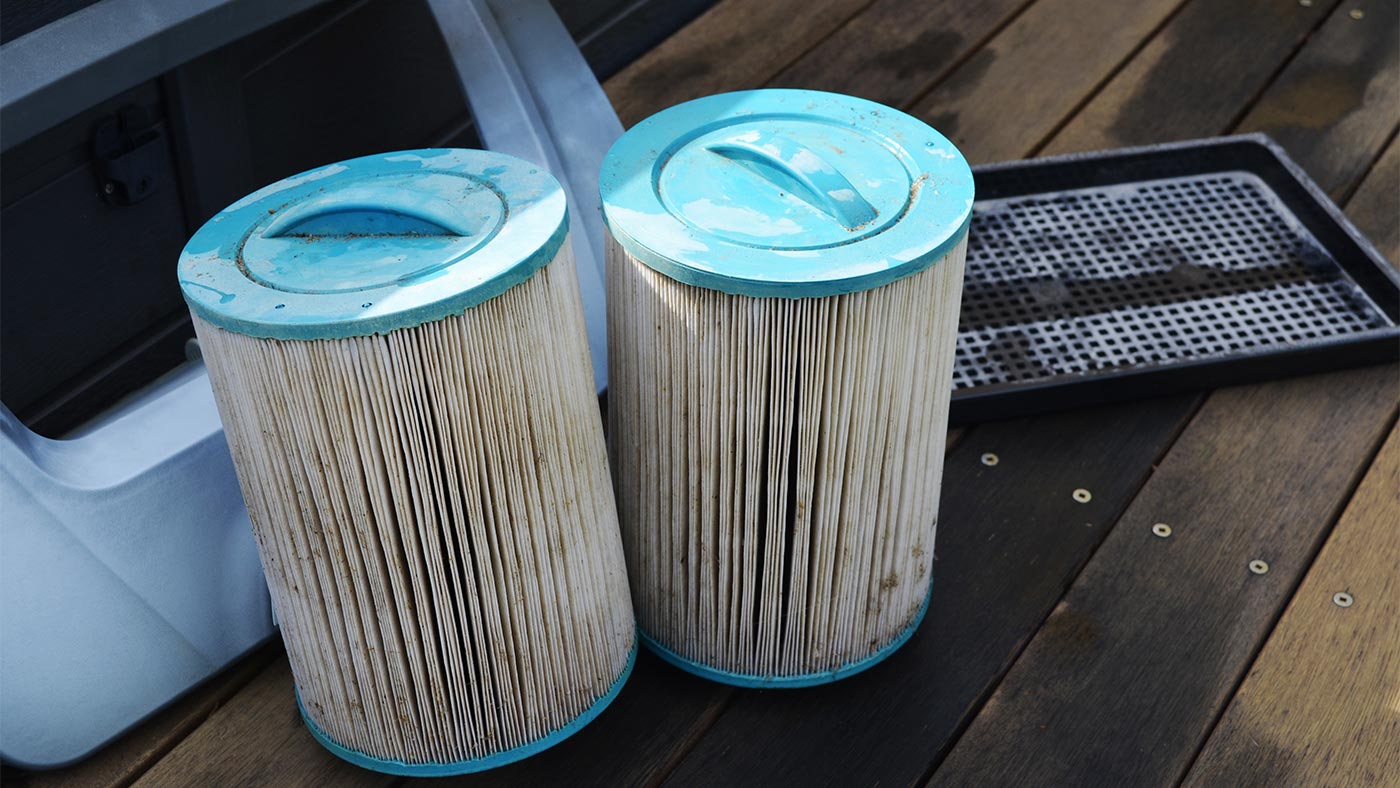

Pool & Spa Care
How Long Should A Hot Tub Filter Last
Modified: January 9, 2024
Learn how to maintain your hot tub filter for optimal performance and longevity. Discover the ideal lifespan and care tips for your pool and spa filter.
(Many of the links in this article redirect to a specific reviewed product. Your purchase of these products through affiliate links helps to generate commission for Storables.com, at no extra cost. Learn more)
Introduction
Owning a hot tub is a luxurious addition to any home, providing a relaxing escape from the hustle and bustle of everyday life. However, to ensure that your hot tub continues to function optimally and provide a safe and enjoyable experience, proper maintenance is crucial. One of the key components of hot tub maintenance is the regular cleaning and replacement of the hot tub filter. The hot tub filter plays a vital role in keeping the water clean and free of debris, contaminants, and impurities. In this article, we will explore the importance of maintaining a clean hot tub filter, the factors that can affect its lifespan, signs that indicate the need for a replacement, and valuable tips for extending its longevity. By understanding these essential aspects, hot tub owners can ensure that their filtration system operates efficiently, promoting a healthy and enjoyable hot tub experience for years to come.
Key Takeaways:
- Regularly cleaning or replacing your hot tub filter is crucial for maintaining clean and hygienic water, preventing cloudy water, and promoting energy efficiency.
- Signs that your hot tub filter needs replacement include reduced water clarity, decreased water flow, increased cleaning frequency, visible damage, and unpleasant odors.
Read more: How Long Should Filter Cycle Run On Hot Tub
Importance of a Clean Hot Tub Filter
A clean hot tub filter is essential for maintaining crystal-clear, hygienic water in your hot tub. The filter traps various impurities, including dirt, leaves, oils, and other debris, preventing them from circulating back into the water. Without an effective filtration system, these contaminants can accumulate, leading to cloudy water, unpleasant odors, and potentially harmful bacteria growth.
Moreover, a clean hot tub filter promotes efficient water circulation and helps maintain the proper chemical balance. When the filter is clogged or dirty, it impedes water flow, causing strain on the hot tub’s pump and heater. This can result in decreased water circulation, inefficient heating, and increased energy consumption. Additionally, a clogged filter can lead to a buildup of biofilm, a slimy layer that harbors bacteria and algae, compromising the water quality and potentially causing skin irritation or infections.
Regularly cleaning or replacing the hot tub filter not only ensures pristine water quality but also contributes to the longevity of the entire hot tub system. By reducing strain on the pump and heater, a clean filter helps prolong their lifespan and promotes overall energy efficiency, saving you money on operating costs in the long run.
Furthermore, maintaining a clean hot tub filter is crucial for preserving the durability of other hot tub components. Clean, debris-free water puts less stress on the hot tub’s plumbing, jets, and surfaces, helping to prevent clogs, corrosion, and damage. By prioritizing the cleanliness of the hot tub filter, owners can safeguard their investment and enjoy a consistently inviting and rejuvenating hot tub experience.
Factors Affecting Hot Tub Filter Lifespan
The lifespan of a hot tub filter can be influenced by various factors, each playing a significant role in determining how long the filter can effectively perform its essential function. Understanding these factors is crucial for maintaining the longevity of the filter and ensuring the continued efficiency of the hot tub’s filtration system.
- Frequency of Use: The more frequently a hot tub is used, the greater the strain on the filter. Regular use leads to a higher accumulation of debris and contaminants, necessitating more frequent cleaning and potentially shortening the filter’s lifespan.
- Water Quality: The quality of the water in the hot tub directly impacts the filter’s longevity. Water with high levels of impurities, minerals, or hardness can contribute to faster filter deterioration and clogging. Proper water chemistry maintenance is essential for preserving the filter.
- Maintenance Practices: Diligent and proper maintenance, including regular cleaning and chemical balancing, significantly affects the filter’s lifespan. Neglecting maintenance tasks can lead to rapid filter clogging and reduced efficiency.
- Environmental Factors: The hot tub’s surroundings can also impact the filter. If the hot tub is located in an area prone to debris, such as near trees or in a windy environment, the filter may accumulate more contaminants, potentially shortening its lifespan.
- Filter Material and Quality: The type and quality of the filter itself are important factors. High-quality filters made from durable materials are likely to have a longer lifespan compared to lower-quality alternatives.
By considering these factors and taking proactive measures to address them, hot tub owners can effectively extend the lifespan of their filters, ensuring optimal filtration performance and water quality for an extended period.
Hot tub filters should be replaced every 12-24 months, depending on usage and maintenance. Regular cleaning can extend the lifespan of the filter.
Signs That Your Hot Tub Filter Needs Replacement
Recognizing the signs indicating that your hot tub filter requires replacement is crucial for maintaining a clean and efficient filtration system. While regular cleaning and maintenance can prolong the filter’s lifespan, there are clear indicators that it may be time for a replacement to ensure optimal performance.
- Reduced Water Clarity: If you notice that the water in your hot tub is consistently cloudy or murky, despite regular maintenance and chemical balancing, it could be a sign that the filter is no longer effectively trapping impurities. This reduction in water clarity indicates that the filter may be clogged or deteriorating, requiring replacement.
- Decreased Water Flow: A noticeable decrease in water flow from the jets can be a sign of filter blockage or clogging. If the water pressure from the jets is weaker than usual, even after cleaning the filter, it may be time to consider a replacement.
- Increased Frequency of Cleaning: If you find yourself needing to clean the filter more frequently than usual, and it still fails to maintain optimal water clarity, this could indicate that the filter is no longer effectively capturing debris and contaminants. A decrease in the filter’s cleaning efficiency may necessitate a replacement.
- Visible Damage: Inspect the filter for visible signs of damage, such as cracks, tears, or deformities. Physical damage can compromise the filter’s effectiveness and integrity, warranting a replacement to ensure continued filtration performance.
- Unpleasant Odors: Foul or unpleasant odors emanating from the hot tub water, despite proper chemical maintenance, can be indicative of organic matter or bacteria bypassing the filter. This suggests that the filter may be compromised and in need of replacement.
By remaining attentive to these signs and promptly addressing any indications of filter deterioration, hot tub owners can uphold superior water quality and the overall functionality of their hot tub’s filtration system.
Tips for Extending the Lifespan of Your Hot Tub Filter
Proactively implementing effective maintenance practices and adopting preventive measures can significantly extend the lifespan of your hot tub filter, ensuring sustained filtration efficiency and water clarity. By incorporating the following tips into your hot tub maintenance routine, you can maximize the longevity of your filter and optimize the performance of your hot tub’s filtration system.
- Regular Cleaning: Establish a consistent schedule for cleaning your hot tub filter. Depending on usage and water conditions, aim to clean the filter every 2-4 weeks. This will prevent debris and contaminants from accumulating and clogging the filter, promoting optimal filtration performance.
- Alternate Filters: Consider investing in an additional filter to use as a backup. By alternating between filters during cleaning cycles, you can reduce wear and tear on each filter, effectively extending their combined lifespan.
- Pre-Filter or Skimmer: Using a pre-filter or skimmer when filling the hot tub can help prevent larger debris from reaching the filter, reducing the strain on the filtration system and prolonging the filter’s effectiveness.
- Water Chemistry Maintenance: Regularly test and maintain proper water chemistry levels, including pH, alkalinity, and sanitizer levels. Balanced water chemistry reduces the likelihood of scale buildup and prolongs the filter’s lifespan.
- Deep Cleaning: Periodically perform a deep clean of the filter using a dedicated filter cleaner or a diluted solution of water and white vinegar. This helps remove embedded oils, minerals, and stubborn debris, enhancing the filter’s efficiency.
- Protect from Debris: If possible, position your hot tub away from sources of debris, such as overhanging trees or windy areas. Minimizing exposure to external contaminants can reduce the filter’s workload and prolong its lifespan.
- Invest in Quality Filters: Opt for high-quality, durable filters designed for your specific hot tub model. Quality filters are more resilient and tend to have a longer lifespan compared to lower-grade alternatives.
- Professional Inspection: Schedule periodic inspections by a hot tub maintenance professional to assess the condition of the filter and identify any potential issues that may affect its lifespan. Professional guidance can help optimize filter performance and longevity.
By integrating these proactive measures into your hot tub maintenance regimen, you can effectively extend the lifespan of your filter, ensuring sustained filtration efficacy and an enjoyable, rejuvenating hot tub experience for years to come.
Read more: How Long Does Hot Tub Last
Conclusion
Maintaining a clean and efficient hot tub filter is integral to preserving the water quality, promoting optimal hot tub performance, and safeguarding the longevity of the entire system. By recognizing the importance of a clean filter and understanding the factors that can impact its lifespan, hot tub owners can proactively address maintenance needs and ensure a consistently enjoyable and hygienic hot tub experience.
Regularly assessing the signs that indicate the need for filter replacement, such as reduced water clarity, decreased water flow, and visible damage, empowers hot tub owners to take timely action, preventing potential issues and maintaining superior water quality.
Moreover, by implementing practical tips for extending the lifespan of the hot tub filter, including regular cleaning, water chemistry maintenance, and investing in quality filters, owners can effectively prolong the filter’s efficiency and optimize the performance of their hot tub’s filtration system.
Ultimately, prioritizing the cleanliness and maintenance of the hot tub filter not only ensures a pristine and inviting hot tub environment but also contributes to the overall longevity and functionality of the hot tub. By adhering to proactive maintenance practices and promptly addressing any indications of filter deterioration, hot tub owners can savor the relaxation and rejuvenation that a well-maintained hot tub provides, fostering a truly rewarding and enduring hot tub ownership experience.
Frequently Asked Questions about How Long Should A Hot Tub Filter Last
Was this page helpful?
At Storables.com, we guarantee accurate and reliable information. Our content, validated by Expert Board Contributors, is crafted following stringent Editorial Policies. We're committed to providing you with well-researched, expert-backed insights for all your informational needs.
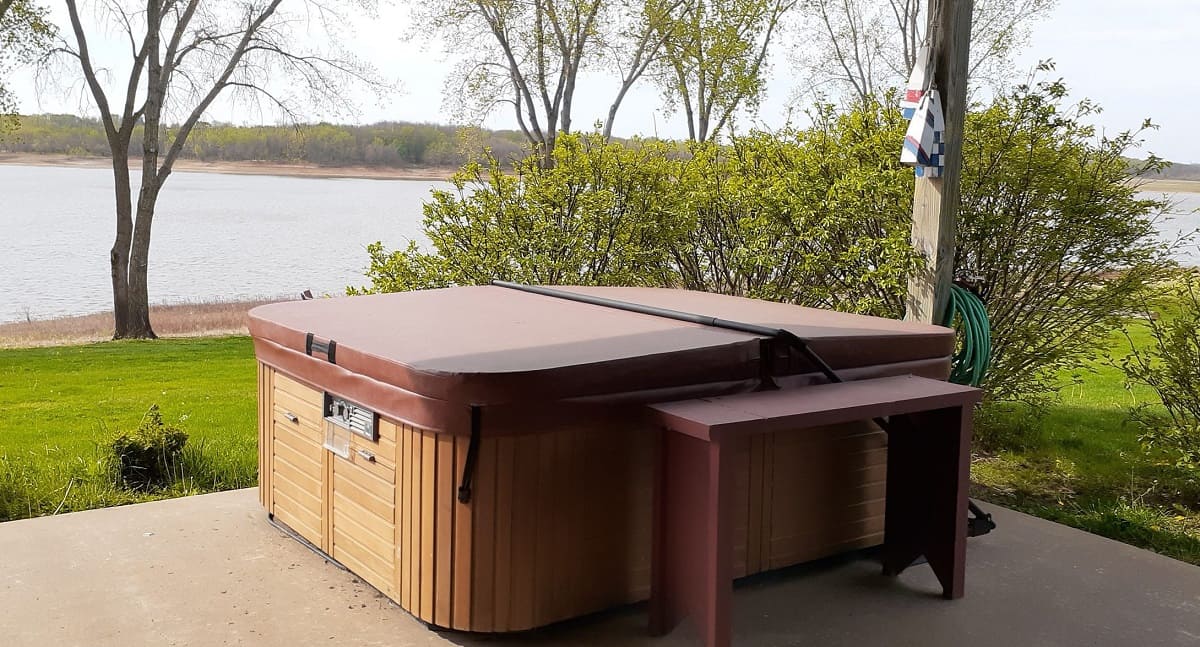
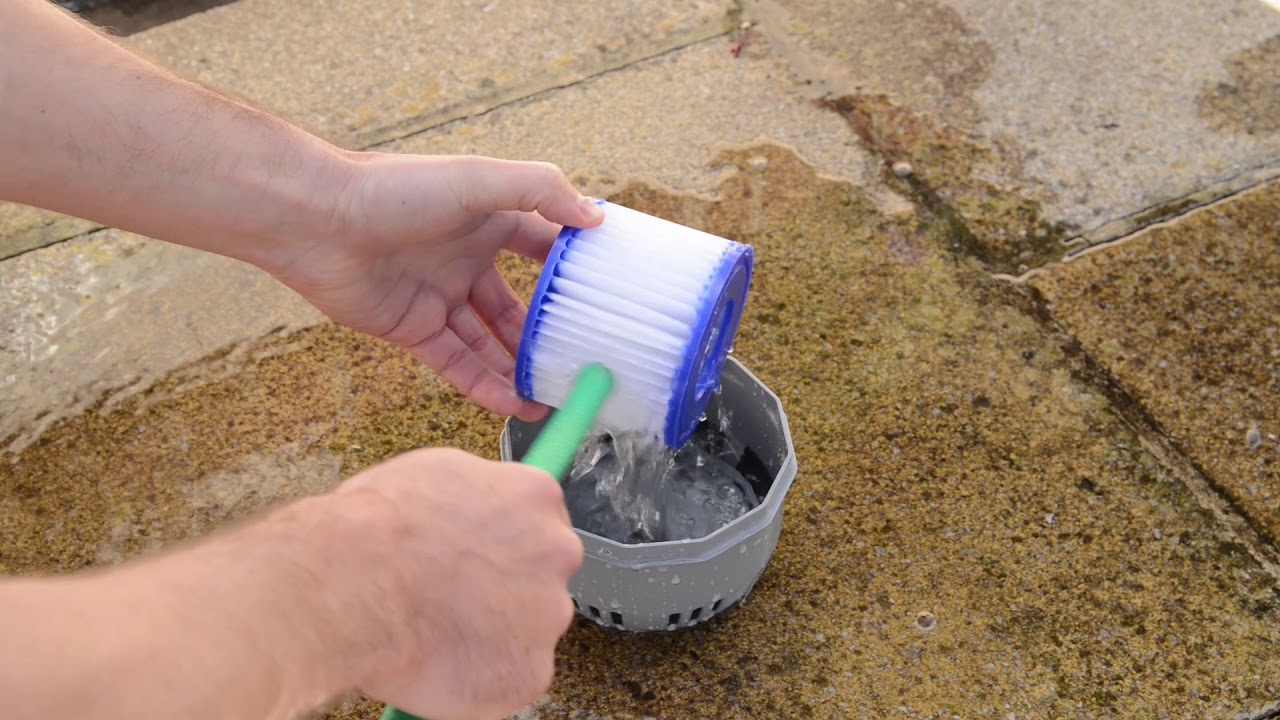
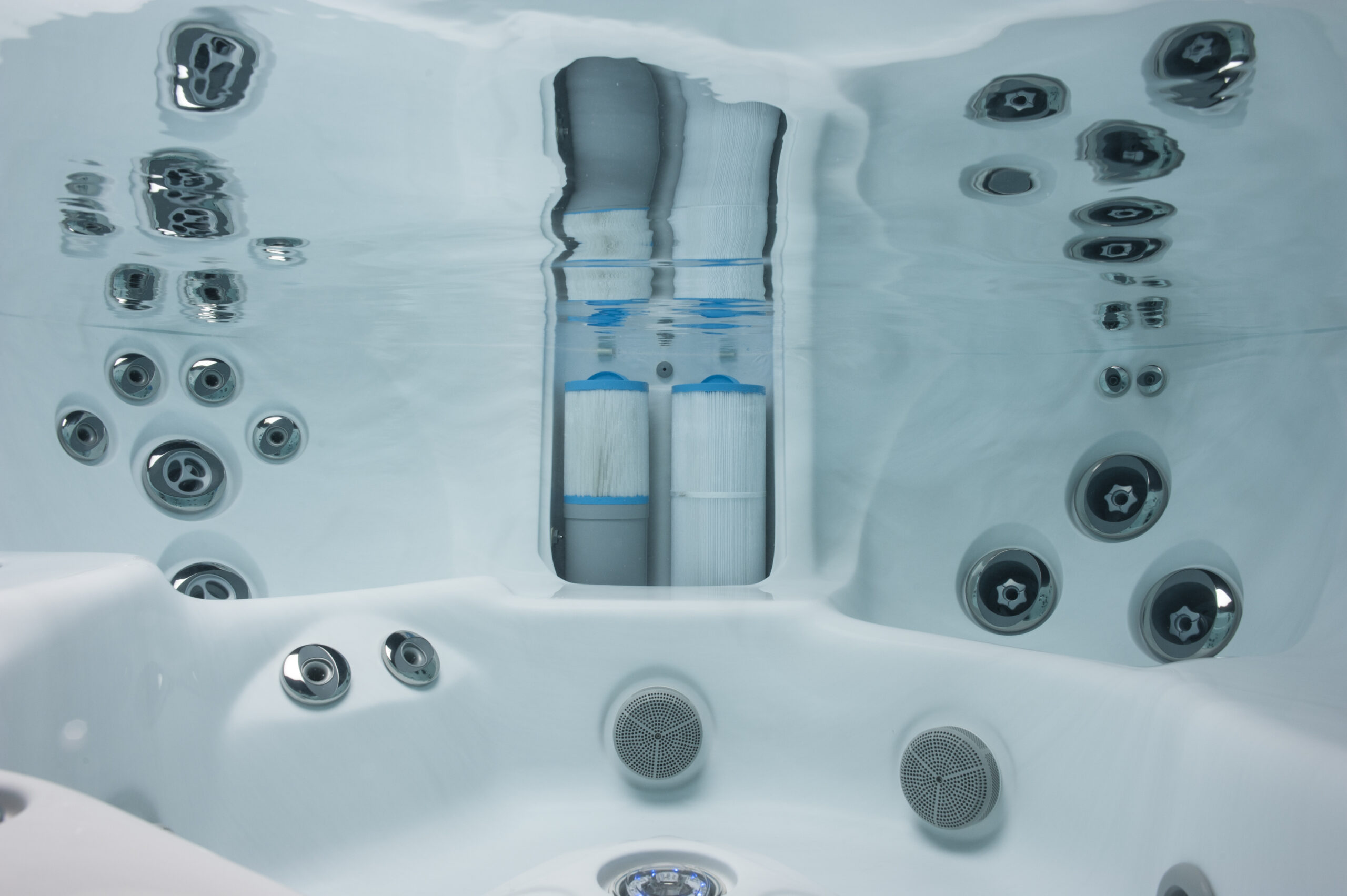

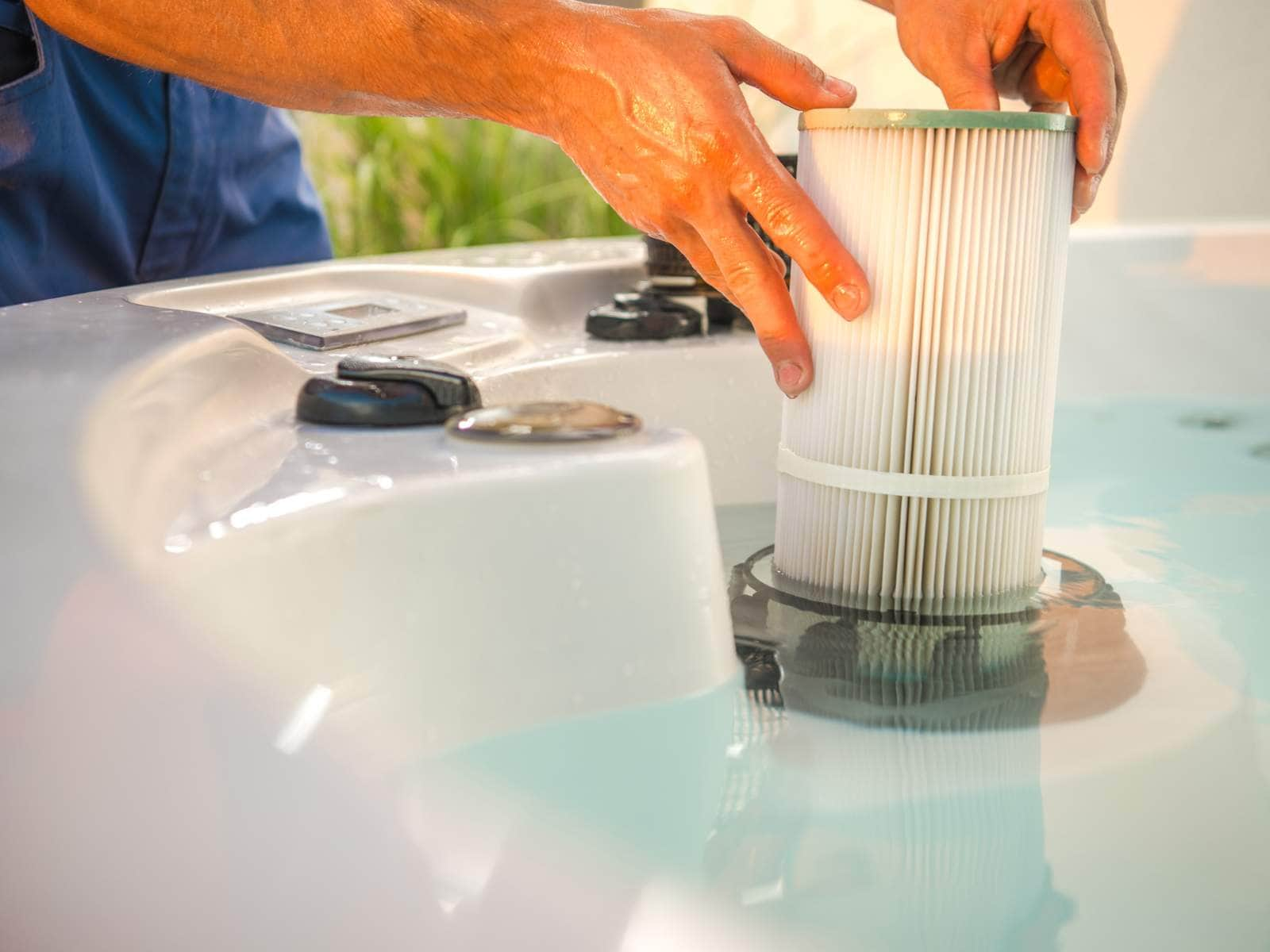
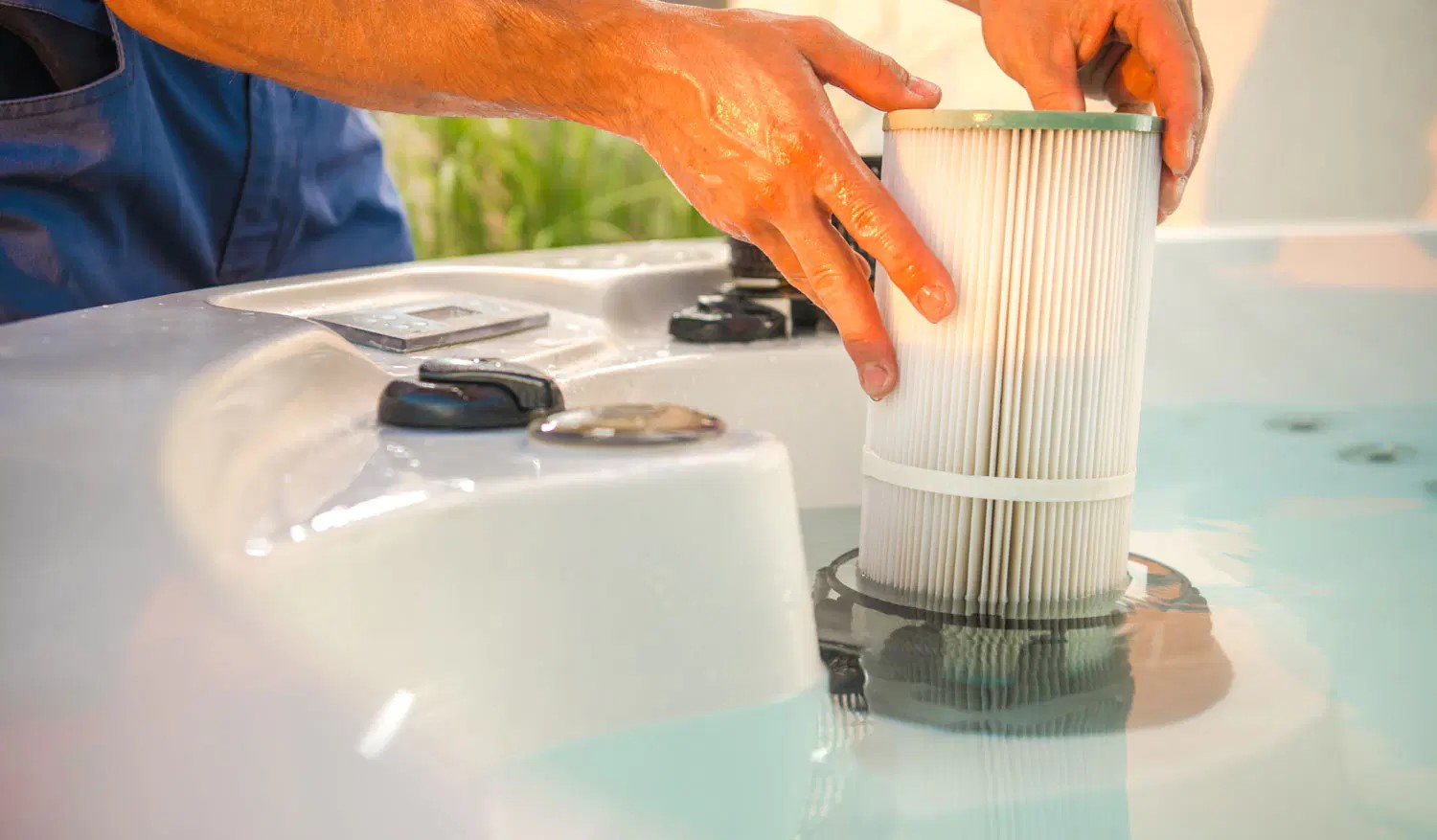
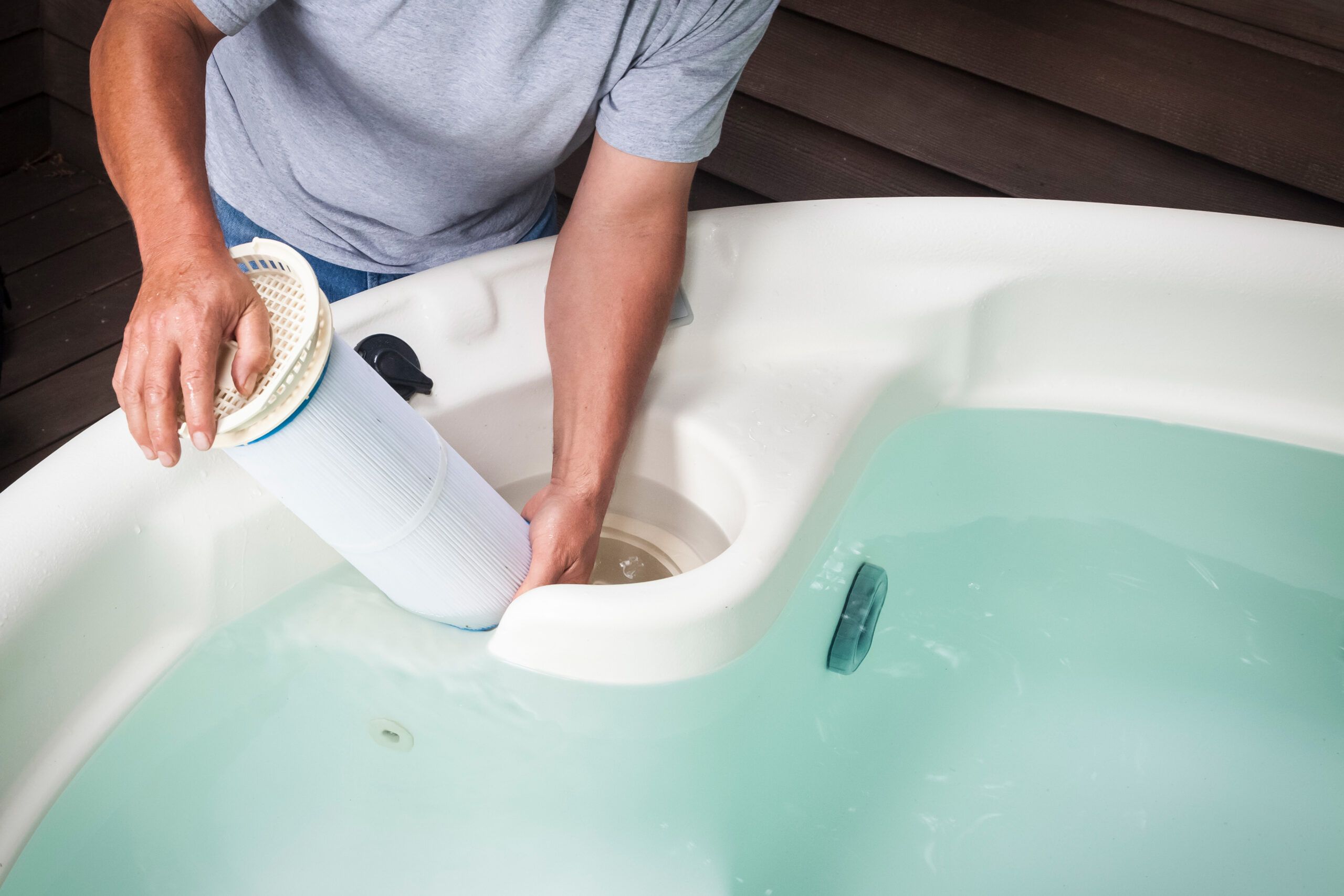
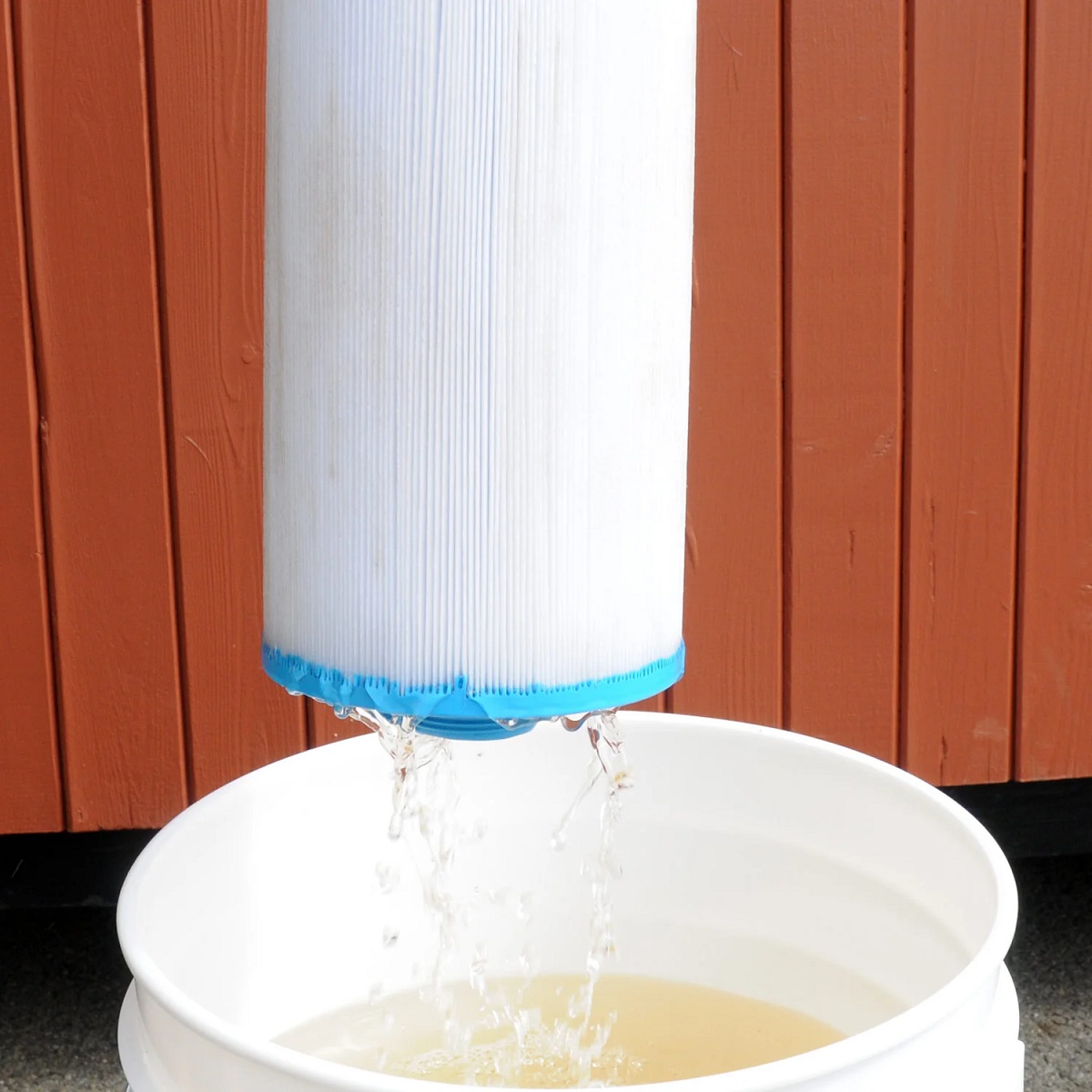
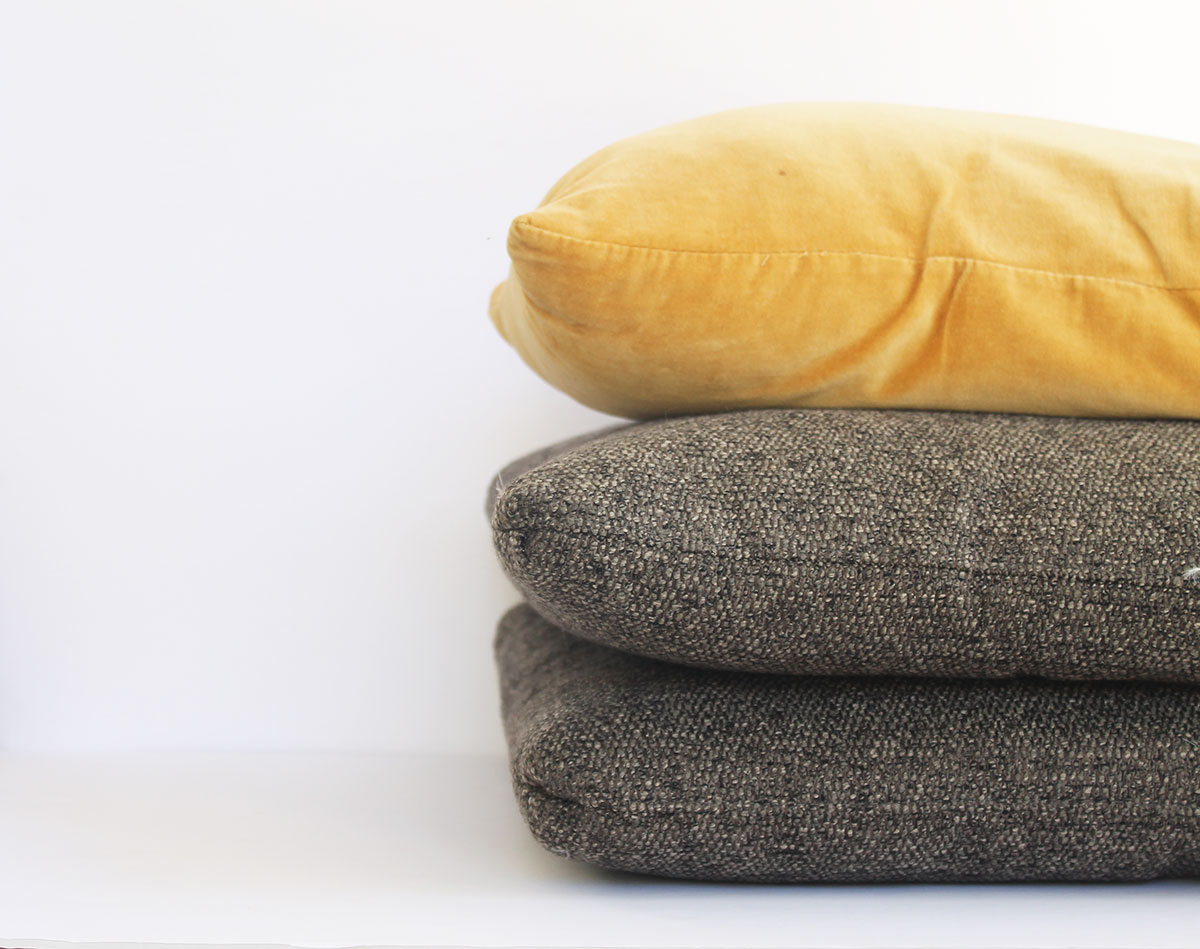
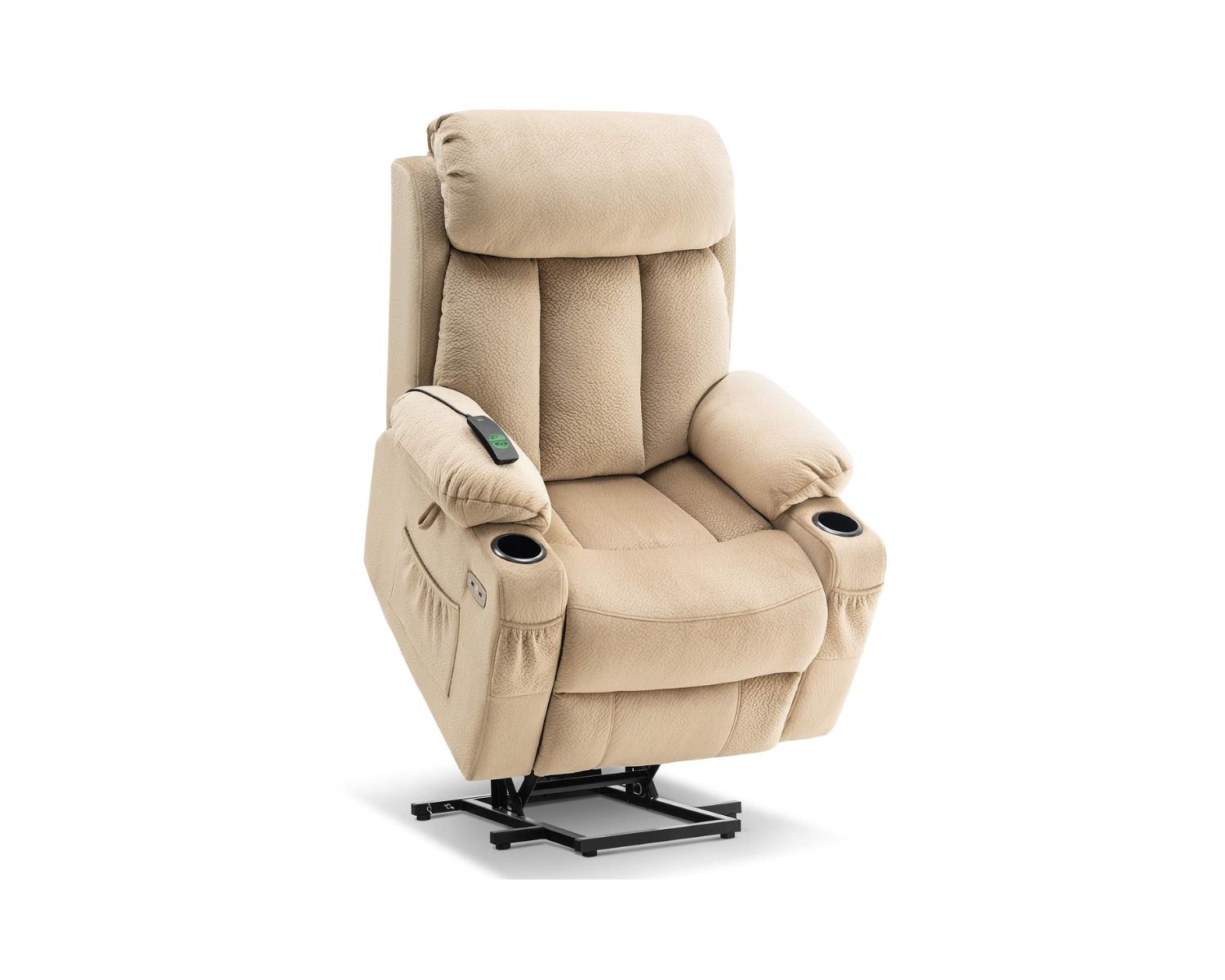
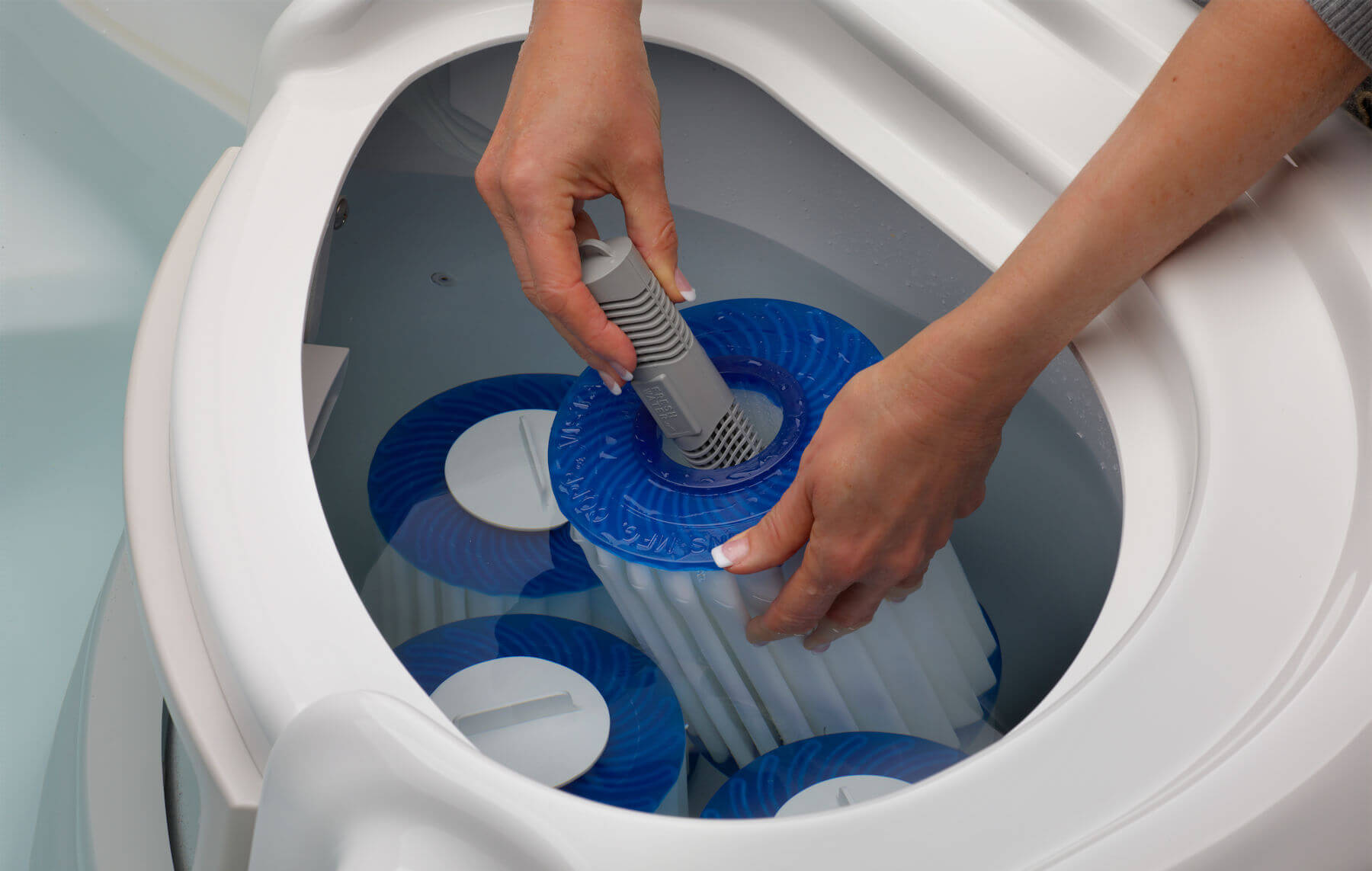
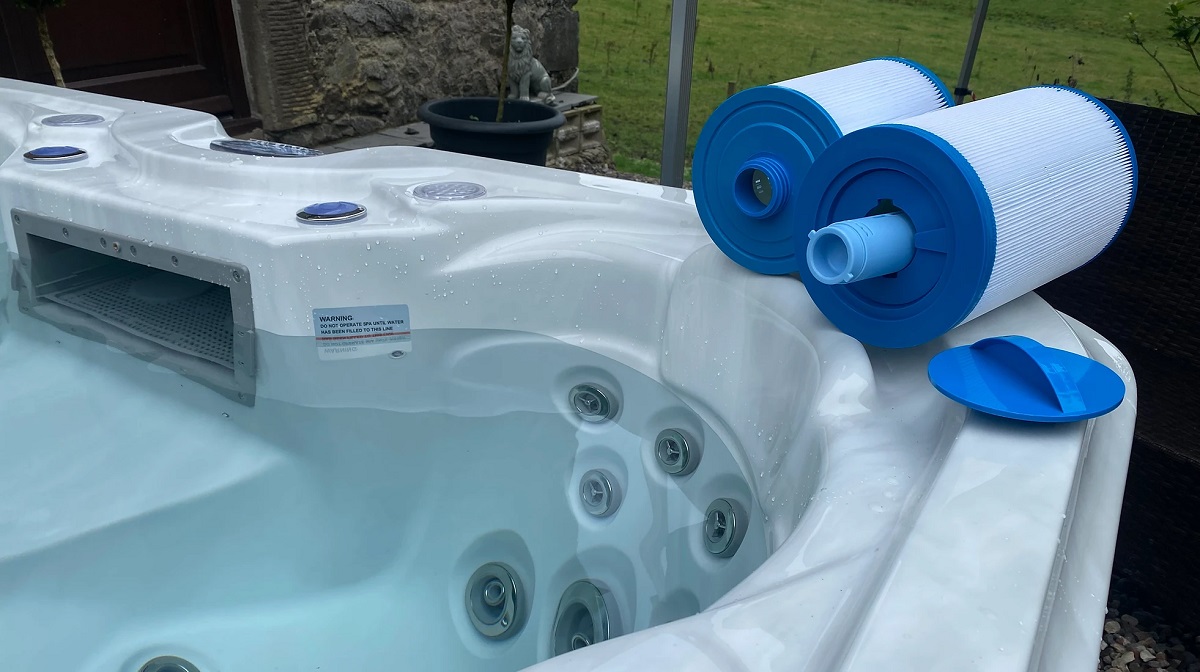
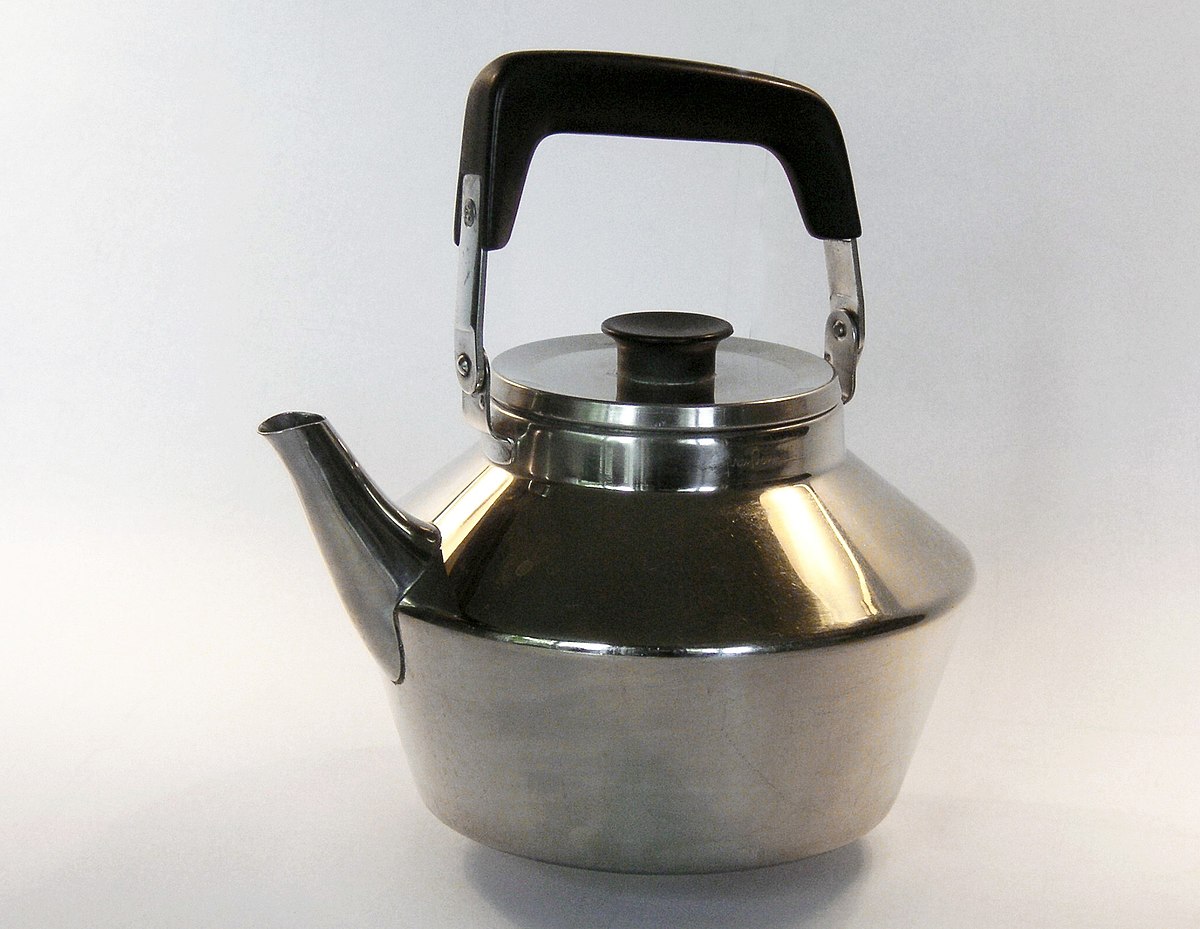
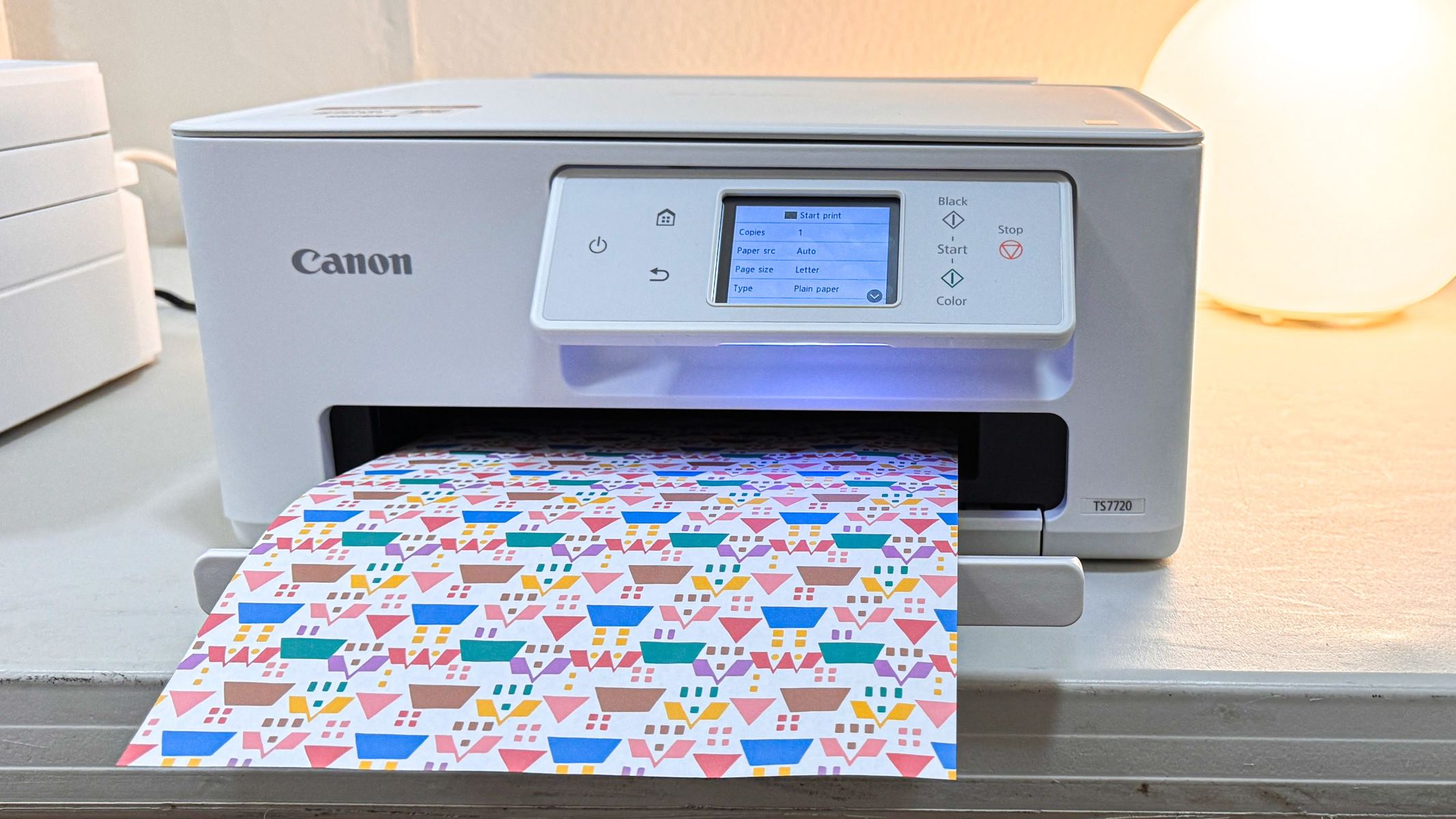

0 thoughts on “How Long Should A Hot Tub Filter Last”